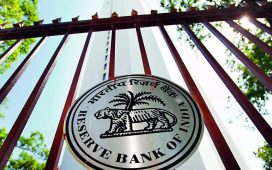
Information about the taxpayer relating to specified financial transactions such as cash deposit/ withdrawal from bank accounts, sale/purchase of immovable property, time deposits, credit card payments, purchase of shares, debentures, foreign currency, mutual funds, buyback of shares, cash payment for goods and services etc.
To improve the functionality of AIS and the efficiency of tax administration and compliance, Deloitte India’s latest paper, “Annual Information Statement: Ushering in a new era of tax administration”, recommends creating a seamless data exchange and establishing a framework for efficient data sharing among businesses, tax authorities and taxpayers.
To reduce errors and improve accuracy, Deloitte also suggested implementing automated reporting processes using standardised accounting software for direct tax reporting.
Adopting the ‘One Taxpayer, One Government’ approach can unify compliance and audit procedures across tax departments, promoting uniformity and coherence in tax administration.
Additionally, the paper highlights streamlining the technological foundation for government revenue applications and learning from global best practices. Deloitte Touche Tohmatsu India President-Tax Gokul Chaudhri said India’s proactive embrace of technology, exemplified by initiatives such as the AIS, heralds a new era of efficiency and transparency in tax administration while providing a seamless experience for taxpayers, empowering them with valuable insights. “Continuous data exchange, direct reporting automation, and unified compliance can solidify this transformation,” Chaudhri said.
Embracing modern technologies holds the key to enhancing taxpayer services, promoting voluntary compliance and expanding the tax base, thereby easing administrative burdens. Therefore, the government must sustain its focus on digitisation within the tax domain and further augment the functionality of AIS, the Deloitte paper said.










